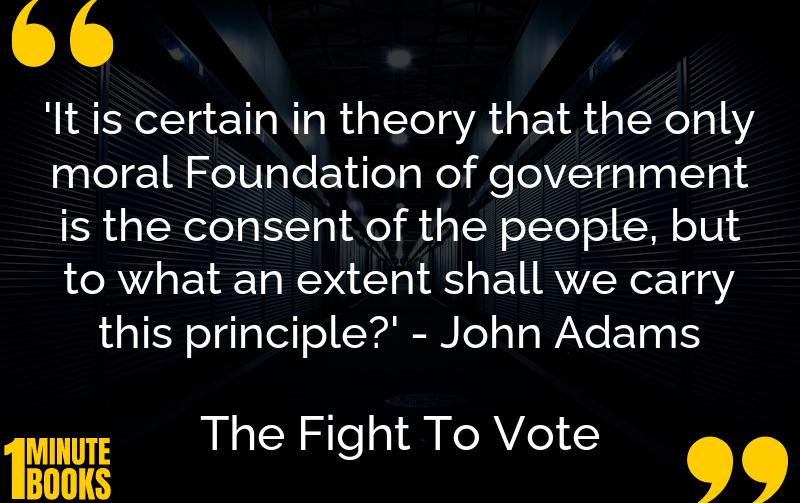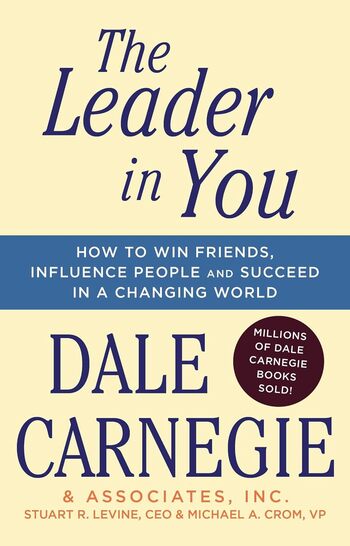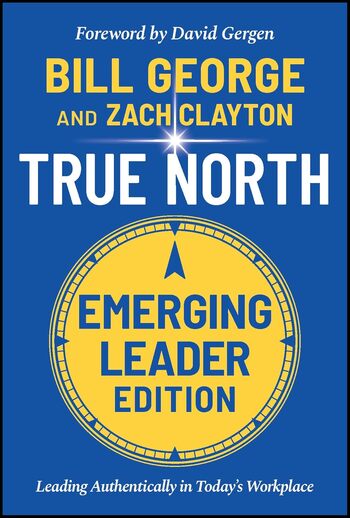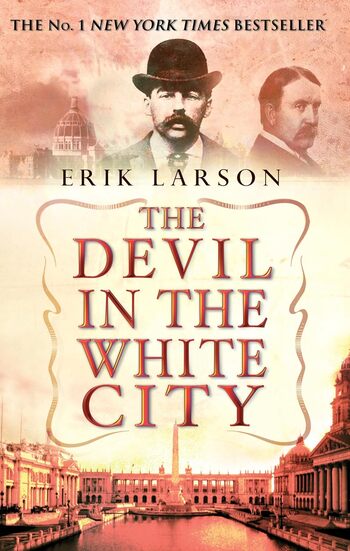
The Fight to Vote explores the ongoing struggle for equal voting rights in America. Michael Waldman chronicles the historic and contemporary battles for suffrage, highlighting disparities and advocating for continued vigilance and reform.
Main Lessons
- Voting rights in the U.S. have historically been unequal and contested.
- The 15th and 19th Amendments marked significant milestones in voting rights expansion.
- Racism and sexism are deeply intertwined in the history of voting rights.
- Suffragette movements historically excluded black women due to racial biases.
- Property ownership was initially a requirement for voting rights in early U.S. history.
- The Jim Crow laws served to disenfranchise black voters post-emancipation.
- Early reforms, like the Civil Rights Bill, began to change voting legislation.
- Contemporary restrictions, though subtle, still affect disadvantaged groups.
- Fear of voter fraud is used to justify restrictive voting regulations.
- Voting rights controversies continue to impact American democracy.
- Voter ID laws disproportionately affect minorities and low-income citizens.
- Civic engagement is crucial to uphold and expand voting rights for all.
- Advocacy for equitable voting rights remains vital.








